The Valyrian steel dagger made another memorable appearance in episode 7 of House of the Dragon. Best-known as the “catspaw dagger” by the fans, the weapon has been part of some of the most crucial events in Westerosi history; its presence in HotD mirrors its prominence in Game of Thrones.
Like the dagger’s presence, numerous other moments in House of the Dragon hint at things that will happen 200 years later, during the events of Game of Thrones. These bits of foreshadowing might elude casual viewers, but hardcore fans and book readers will spot them quickly once they appear on-screen.
The Catspaw Dagger
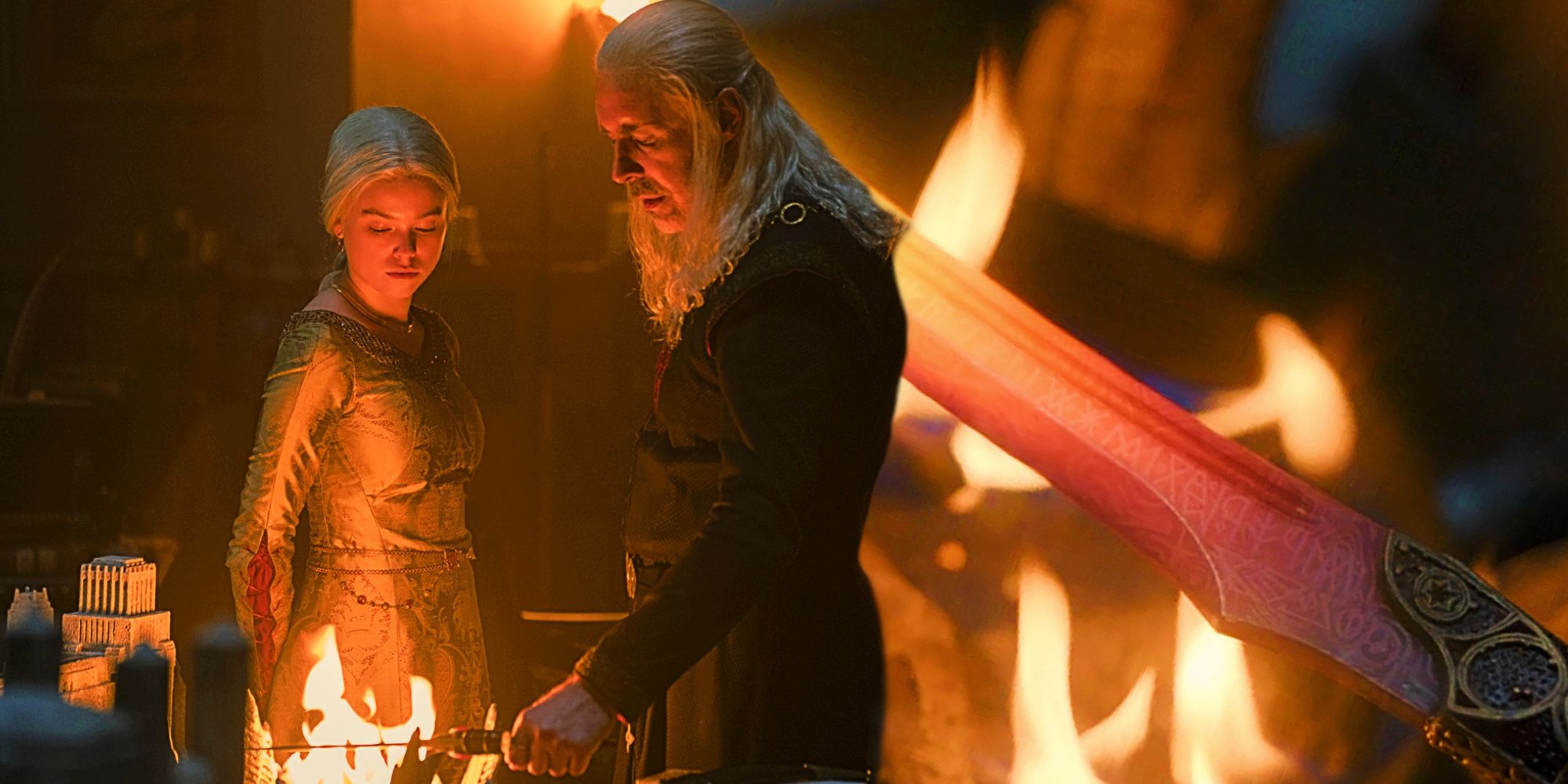
The Catspaw dagger played a crucial role in Game of Thrones, and it’s just as important in House of the Dragon. The weapon has Aegon’s prophecy engraved, making it a valuable possession of House Targaryen.
The dagger is critical in Game of Thrones, where a catspaw uses it in his attempt to kill Bran Stark. Littlefinger’s lies make Catelyn Stark believe the dagger was Tyrion’s, thus fanning the flames of the Lannister-Stark conflict. The show never clarifies who was behind Bran’s attack, although the books hint it was Joffrey. Still, both shows have the dagger playing a strong role in the plot, hinting at its seemingly supernatural ability to be behind many of Westeros’ most important conflicts.
The House Of The Dragon’s Fate
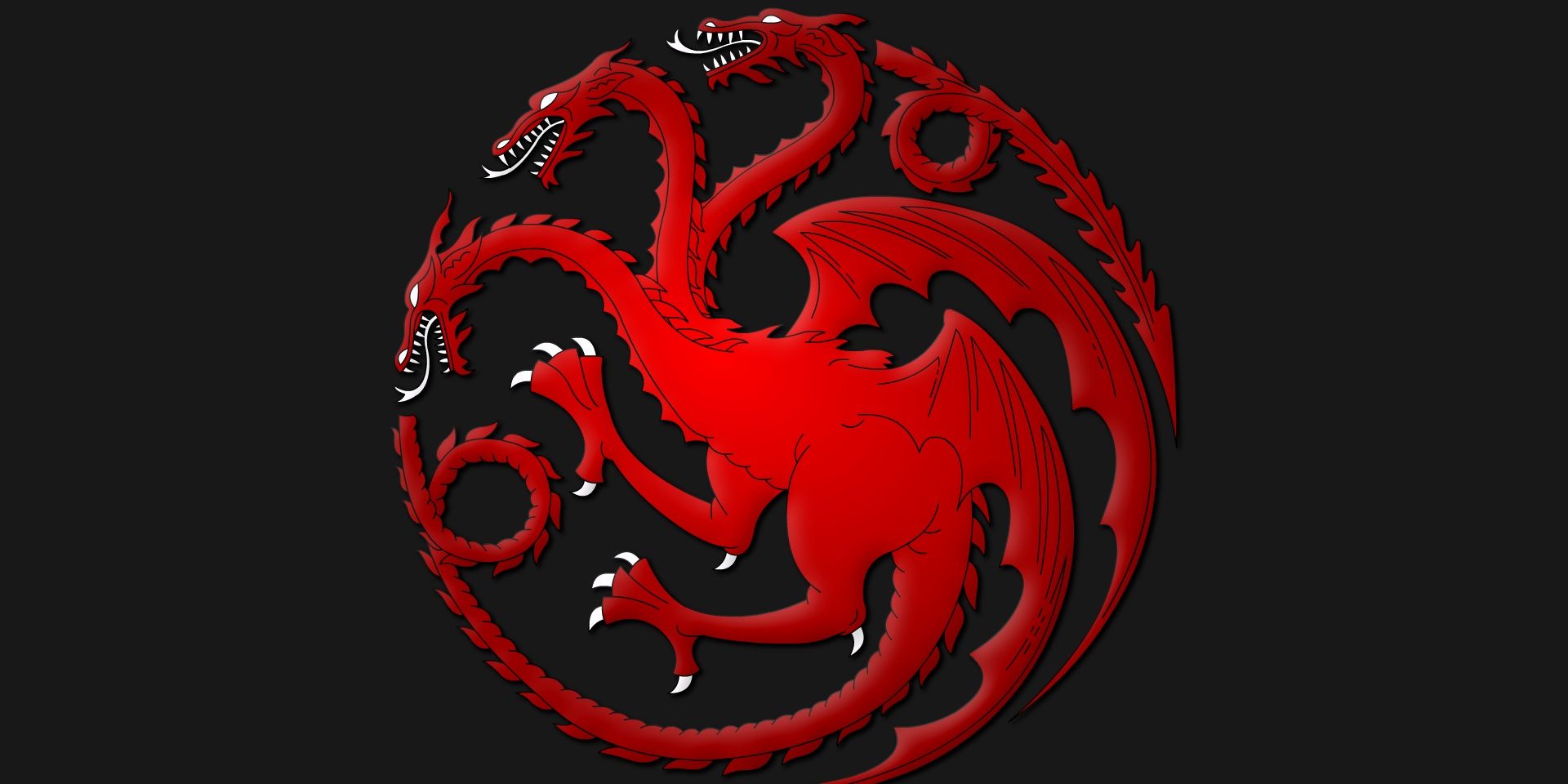
House of the Dragon opens with an ominous quote about how “the only thing that could tear down the House of the Dragon was itself.” The show then goes on to prove it right, centering on the Dance of the Dragons that culminates with the Targaryens losing the main source of their might and influence.
Game of Thrones features a similar conflict between Daenerys and Jon, the last surviving Targaryens. She killed her spoiled brother, Viserys, making her the last known Targaryen until the truth about Jon comes out in season 7. Jon ultimately kills Dany, thus proving that a true dragon can only be killed by another dragon.
Beware The Quiet Types
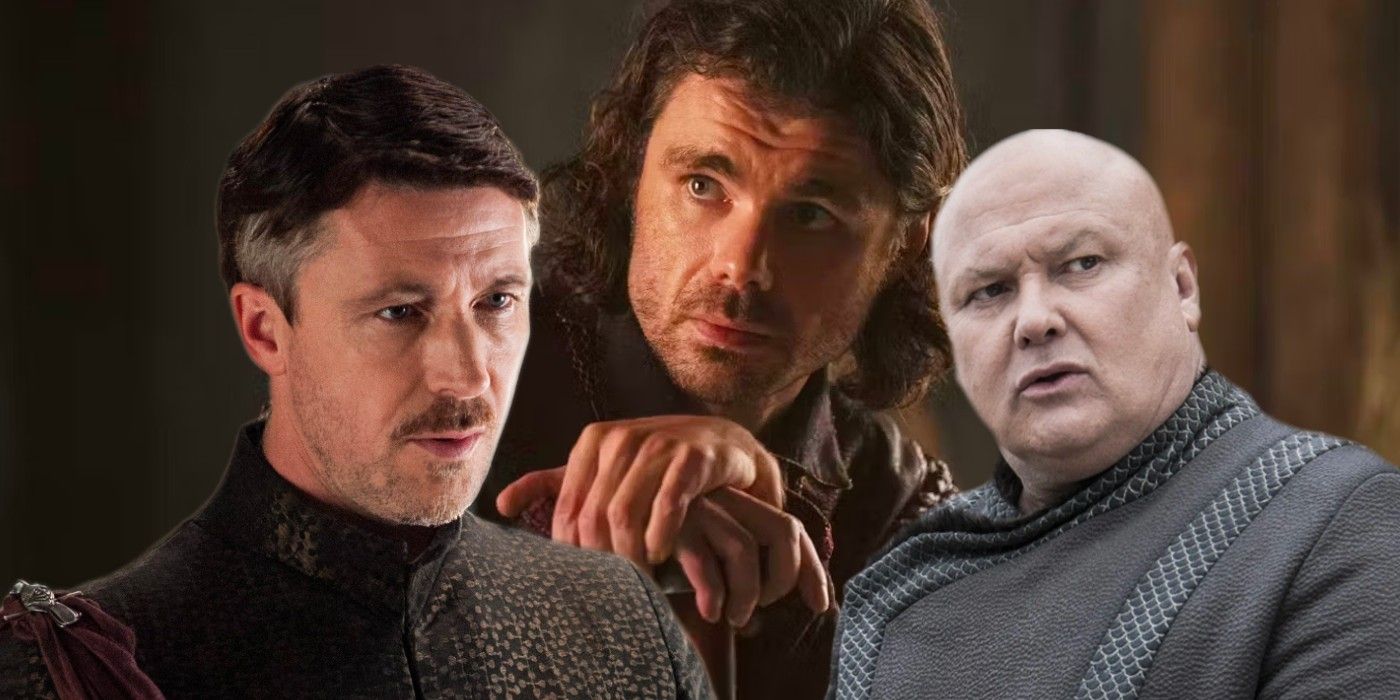
Larys Strong is a great character. Quiet, observant, and dangerous, Larys is confirmation that the greatest threats in the game come from the most unsuspecting players. No one suspects him of killing his family, and his allegiance to the Greens remains ignored by the Blacks.
Empty Promises & Violent Weddings
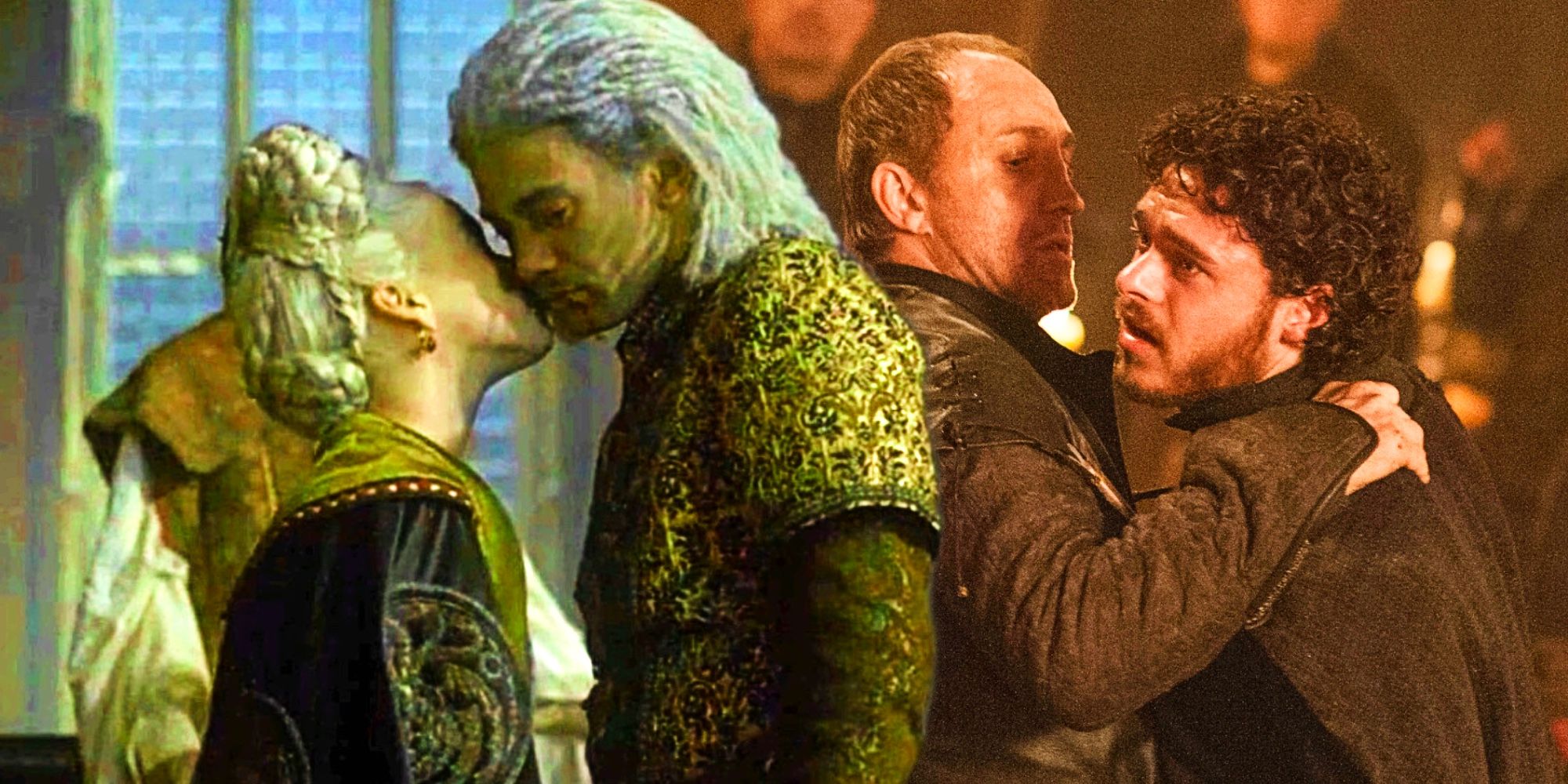
Weddings are an ugly affair in Westeros. House of the Dragon featured Joffrey Lonmouth’s violent death, similarly to how Game of Thrones had the now-iconic Red and Purple Weddings in seasons 3 and 4. Interestingly, both shows also featured smaller-scale weddings — Rhaenyra and Damon’s and Lyanna and Rhaegar’s, respectively — that ended without any fuss, proving that smaller affairs might be the way to go in Westeros.
House of the Dragon also references the empty “I will come back” promise uttered by honorable men about to die. Harwin Strong and Ned Stark both pledge their bastard sons they will return but die before they can fulfill it.
The Curse Of Harrenhal
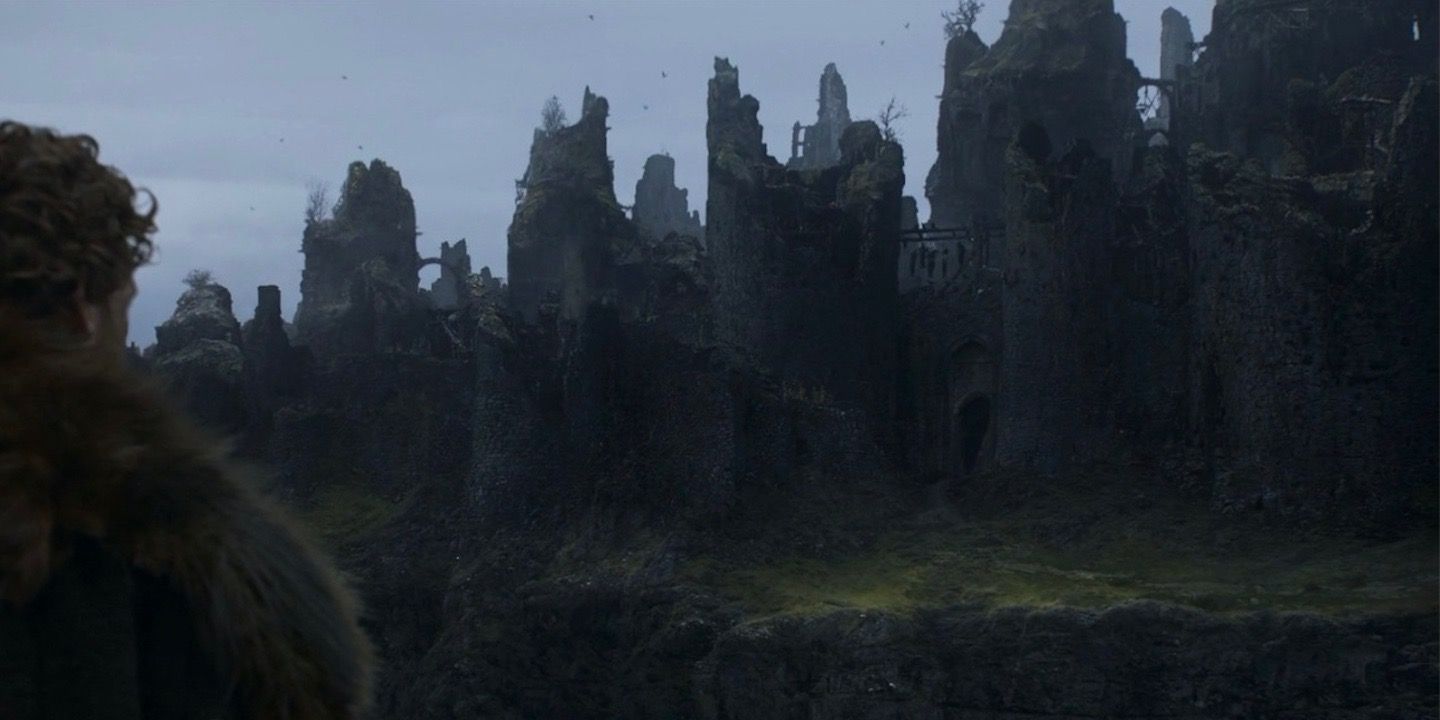
Harrenhal is one of the most iconic castles in Westeros. It is also cursed, or so it would seem. Every House that has resided there has become extinct, one way or another. House of the Dragon sees House Strong controlling the cursed castle before Lord Lyonel and Ser Harwin burn to death, killed by their relative, Larys. The curse continues in Game of Thrones when Littlefinger’s line dies with him.
The castle is infamous in Westeros, and owning it is a death sentence. Still, minor Lords and rising Houses can’t resist or, in some cases, deny taking it. However, the castle will always get the last laugh.
A Lannister Always Pays His Debts
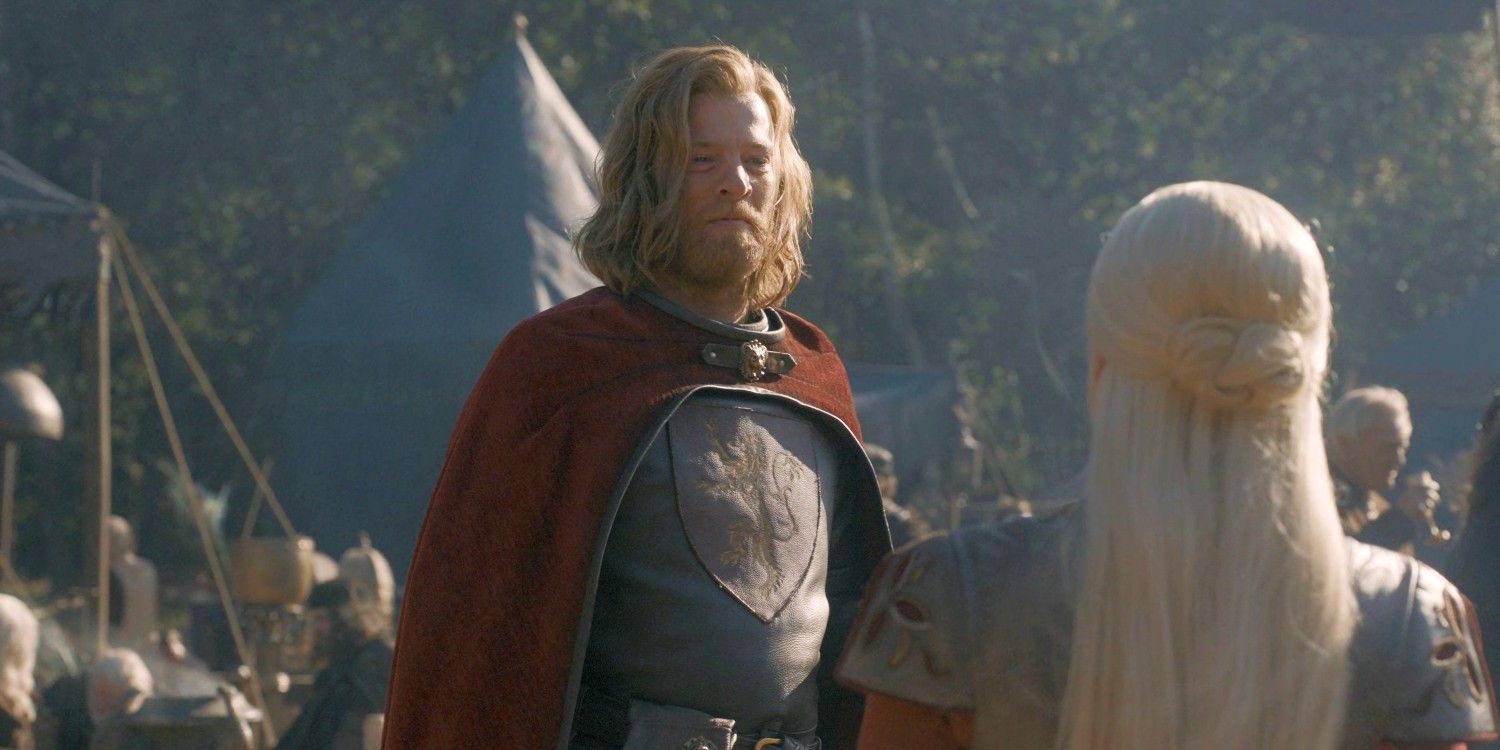
Jason Lannister is a cringe-worthy character in House of the Dragon. He represents every aspect of House Lannister, good and bad, harboring self-aggrandizing ideas that rest solely on him being a lion of the Rock. Rhaneyra wounds his pride by rejecting his hand, which will return to haunt her once the war begins.
Fans know a Lannister always pays his debts. Every golden-haired character in Game of Thrones goes on about it, and, judging from Jason’s behavior in House of the Dragon, this behavior dates back to the House’s origins. Jason’s pride hints at his House’s future and how it will ultimately be its undoing.
A Good King?
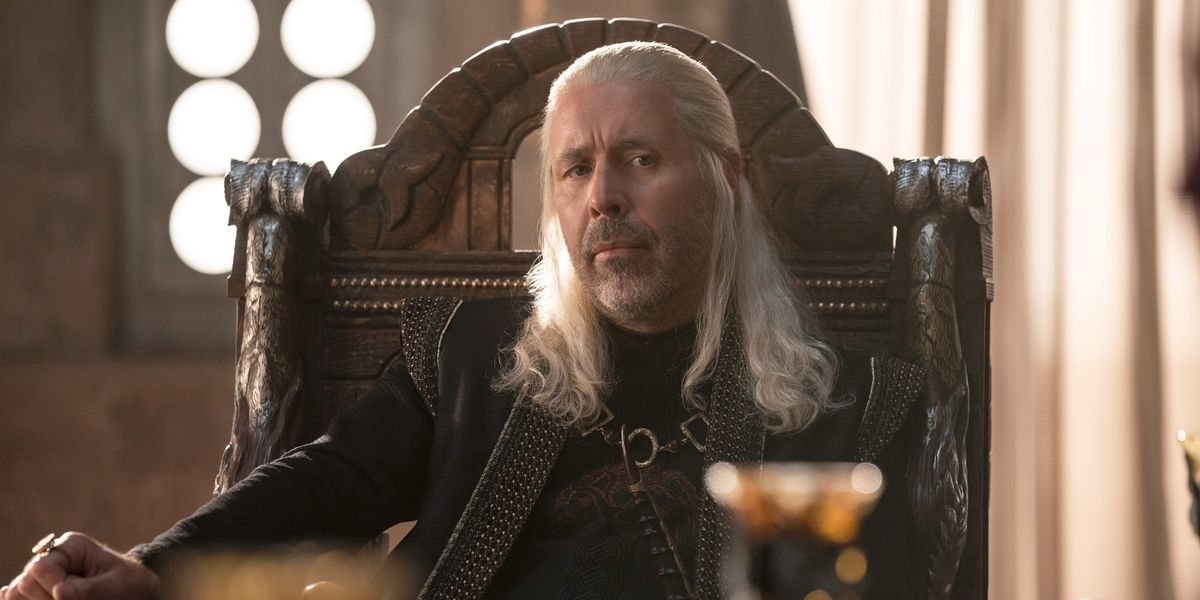
King Viserys Targaryen is one of the most important characters in House of the Dragon and he is arguably the main culprit for the Dance of the Dragons. Viserys is kind but weak, chronically weary of conflict to the point where he’ll forgive others’ transgressions if it means keeping tranquility intact.
In Game of Thrones, Tywin has a memorable conversation with Tommen after Joffrey’s death. He talks about what it means to be a “good” king and explains that things aren’t black and white when it comes to ruling. Viserys doubtless has many admirable qualities, but he is willfully blind to the conflict brewing around him. His actions confirm Tywin’s assertion about there being more to ruling than just being “good.”
The Smallfolk Always Lose
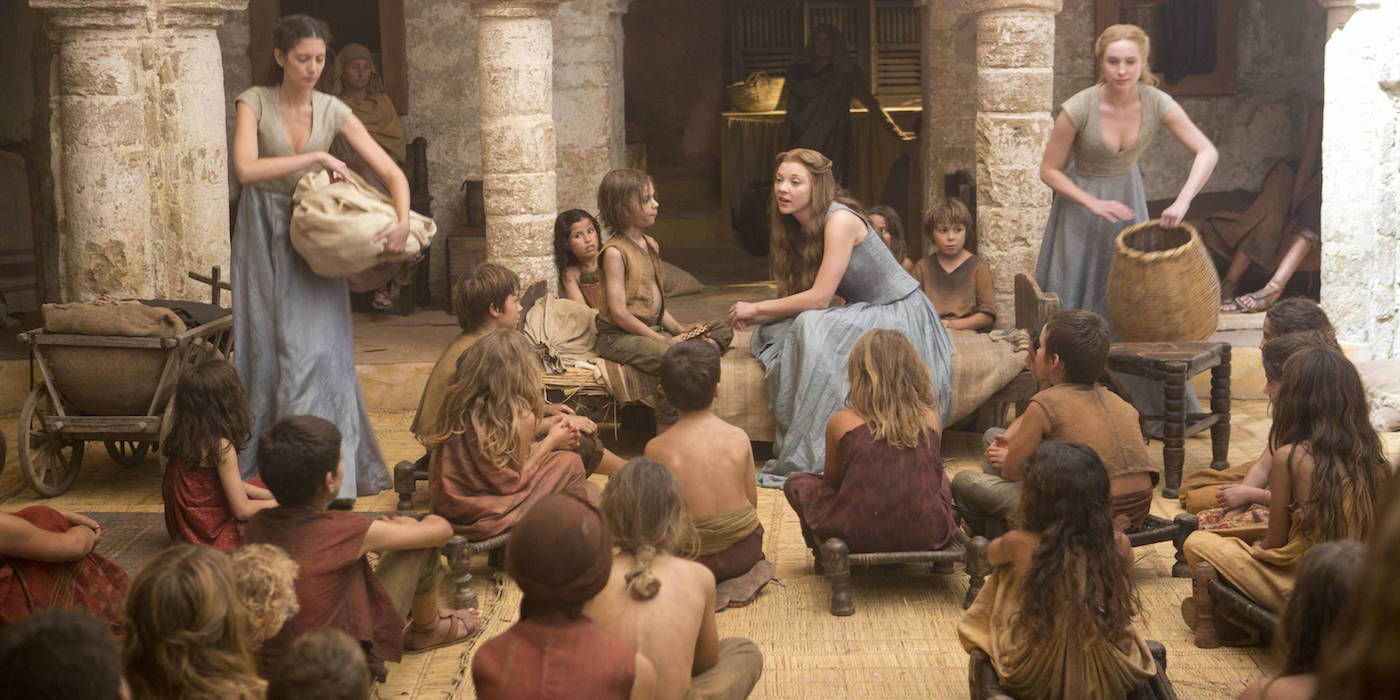
In episode 4 of House of the Dragon, Daemon takes Rhaenyra to a night out on King’s Landing. They visit Flea Bottom, where she witnesses a play where the players make fun of her and question her status as heir. However, she dismisses them, saying their wishes and concerns are of little interest in matters of succession.
Her callous statement mirrors what Varys says throughout Game of Thrones about how the smallfolk always suffer. The Dance of the Dragons leaves countless deaths, just like every conflict in the Seven Kingdoms’ bloody history. The Targaryens, even the best of them, don’t care about the people they rule, and neither do the Baratheon kings, much less the Lannister queen. Perhaps the Stark siblings will be better rulers.
History Remembers Names
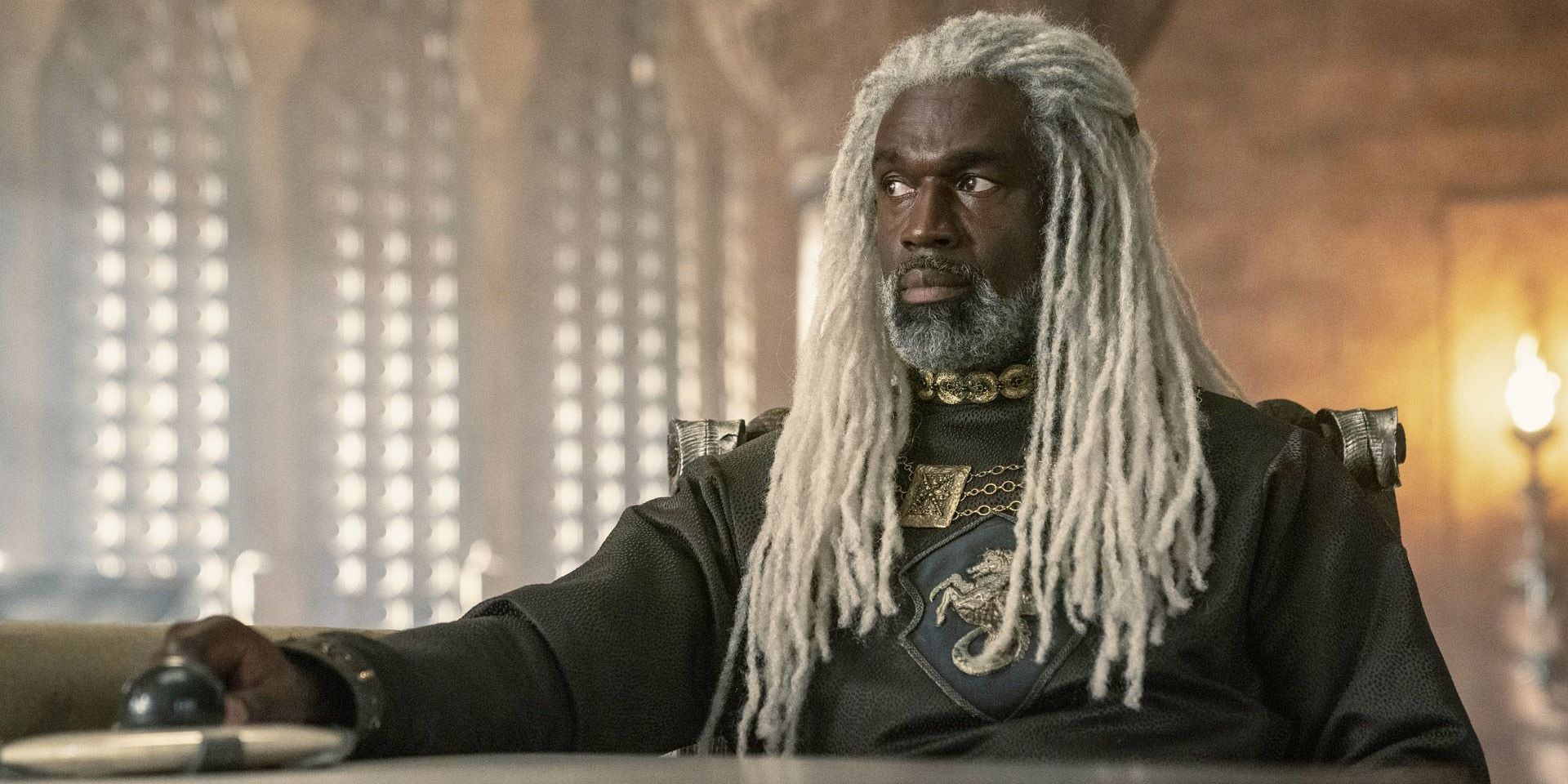
The Sea Snake Corlys Velaryon is shamelessly pursuing the Iron Throne. He has a pivotal conversation with his wife, Rhaenys Targaryen, in episode 7 of House of the Dragon, where she chastises him for his ambition. However, he replies that ensuring the family’s legacy is crucial and that “history doesn’t remember blood; it remembers names.”
These sentiments are well-known to fans of Game of Thrones. Tywin Lannister shared the same mindset, relentlessly pursuing his family’s legacy, even at the expense of the well-being of said family members. Corlys’ statements also mirror the intentions of multiple Thrones characters and hint at the infamous reputation the main players in the Dance of the Dragon will acquire in the years following the conflict.
The Song Of Ice And Fire
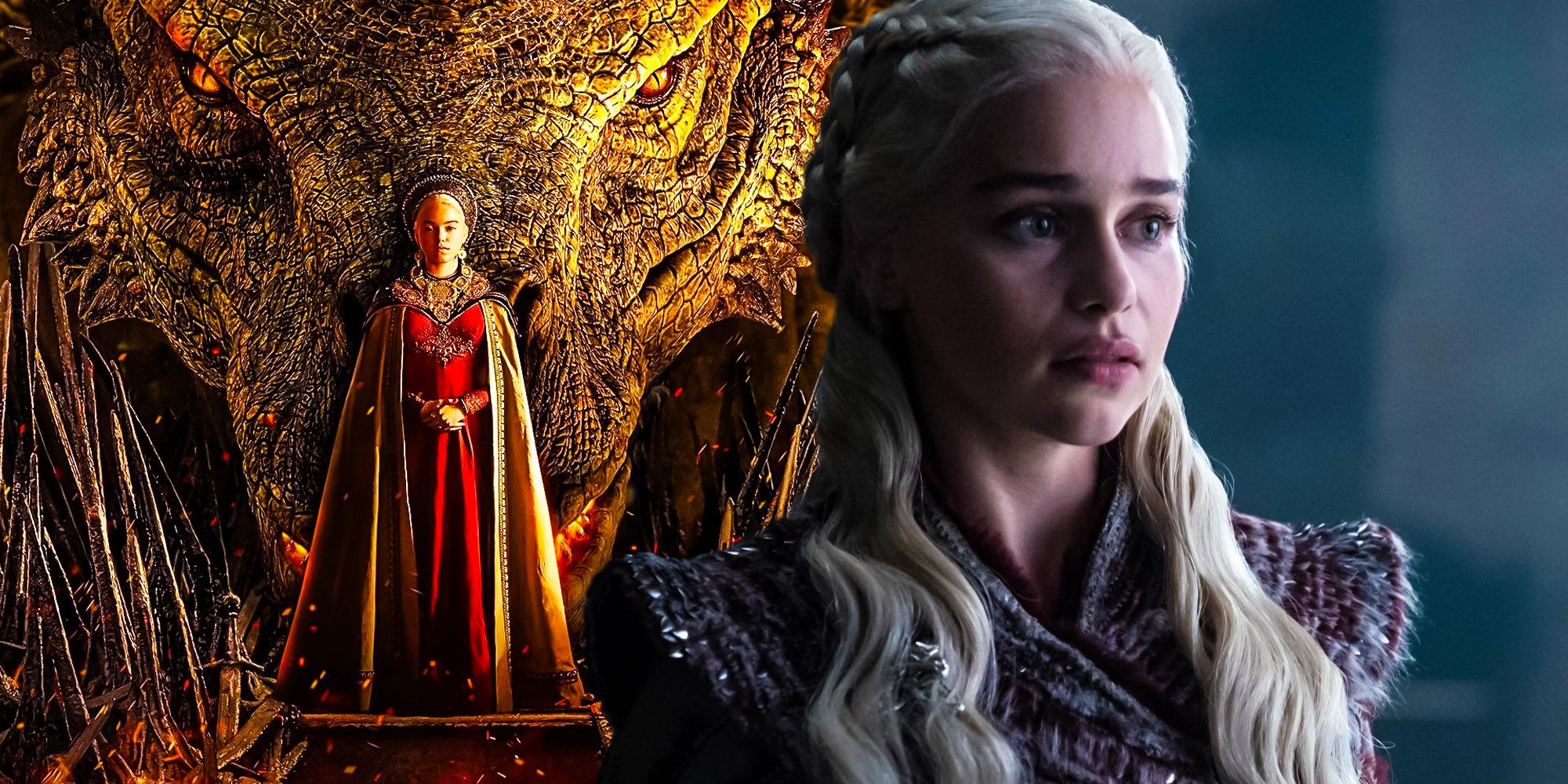
The first episode of House of the Dragon shocked everyone with the revelation that Targaryens were aware of the Long Night and the White Walkers. Aegon the Conqueror had a dream about “the end of the world of men,” leading him to believe a Targaryen should always sit on the Iron Throne to unite the realm “against the cold and the dark.” Aegon called his dream the Song of Ice and Fire.
The entirety of Game of Thrones centered around the threat from the North: the Night King and his army of White Walkers and wights. The prophecies of the Long Night and the Song of Ice and Fire end up mattering very little, considering a Stark ends the Long Night. However, the Targaryens acknowledging the Long Night is huge because it means the knowledge of the threat wasn’t lost after the Age of Heroes.




